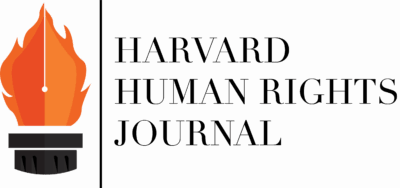A “Bilingual” Approach to Language Rights
This Article was born out of a question posed to me by my eight-year-old son, Leo, who has been raised as a bilingual speaker of Spanish and English. Leo’s question arose in response to a proposal to eliminate the brief weekly Spanish lesson provided to the children at his public elementary school in Austin, Texas. […]

